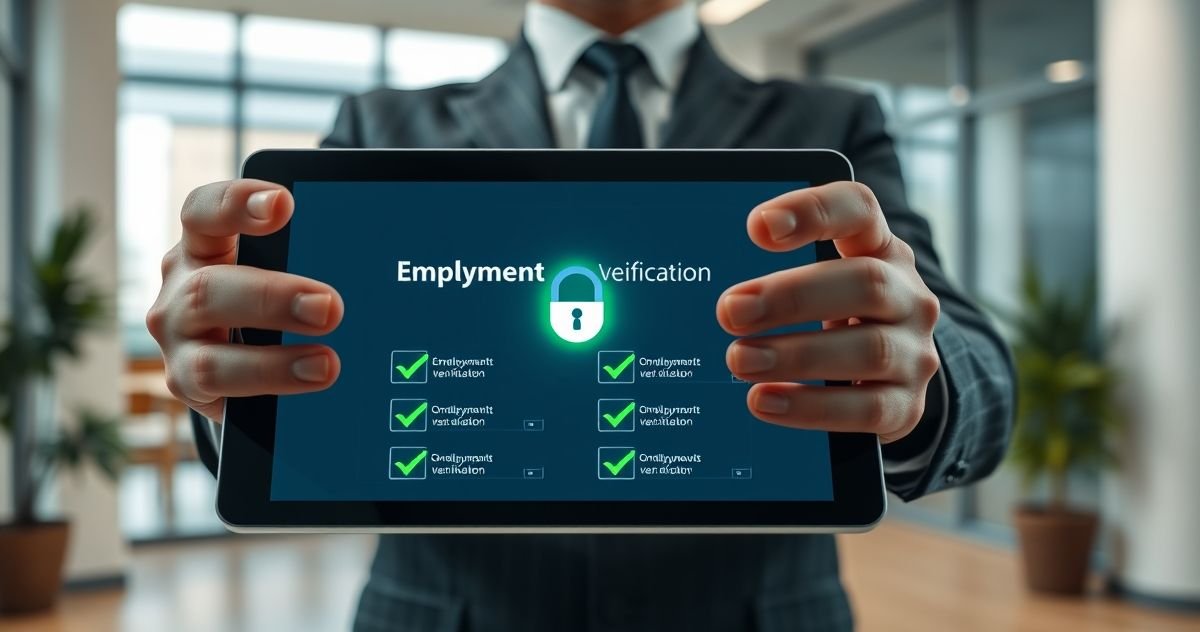Electronic Verification of Employment (eVOE) is a modern, digital solution that streamlines how lenders verify a loan applicant’s job and income information. Traditionally, employment verification involved gathering paper pay stubs, W-2s, and phone calls to HR departments, which could slow down loan approvals.
With eVOE, lenders, with the applicant’s explicit permission, access employment data electronically via secure portals connecting to payroll databases managed by employers or third-party companies such as The Work Number® from Equifax. This process allows verification of employment status, tenure, and income, typically within minutes.
How eVOE Works:
- You apply for a loan or credit and grant consent for electronic verification.
- The lender submits a request to an eVOE provider through a secure system, using your identifying information.
- The system retrieves your employment details from your employer’s records, if part of the verification network.
- The lender receives a standardized report confirming key employment data, enabling faster underwriting decisions.
This fast, secure method reduces paperwork for you and your HR team while improving verification accuracy and lender confidence. According to Fannie Mae’s guidelines, many mortgage lenders encourage the use of eVOE to speed up loan processing.
Common Misconceptions:
- Lender access is limited: Lenders receive only essential employment and income details, never sensitive HR or personal data.
- eVOE is not a credit check: It’s solely for validating employment and income, separate from credit history reviews.
- Applicable beyond large companies: Many small and mid-sized employers use payroll providers integrated with eVOE services.
If your employer does not participate in eVOE networks, lenders revert to traditional verification methods, requesting pay stubs and W-2s.
For a detailed understanding of employment verification in lending, see our article on Verification of Employment (VOE). Additionally, learn about the Mortgage Loan Cycle to see where eVOE fits into the lending process.
For authoritative information on your rights during this process, refer to the Consumer Financial Protection Bureau’s summary of the Fair Credit Reporting Act.

